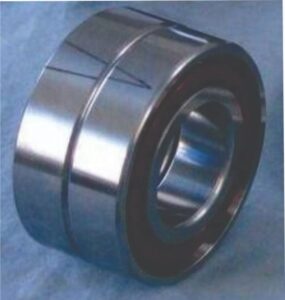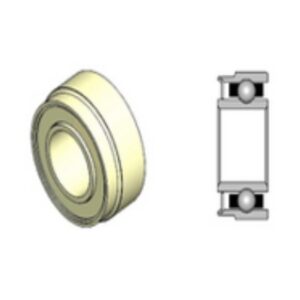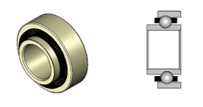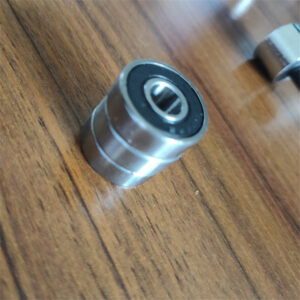
Related Blog
Great things in business are never done by one person. They’re done by a team of people. We have that dynamic group of peoples
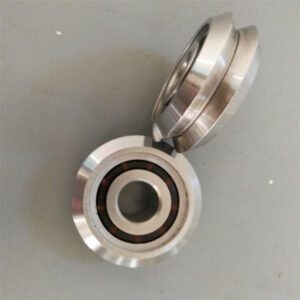
2025 Dental Bearing Trends: Smart Materials & Innovative Designs
Dental Bearing Trends 2025: Discover smart materials, 3D printing innovations, and AI-driven tools transforming dental care. Explore market growth, sustainability initiatives, and future tech shaping precision dentistry.
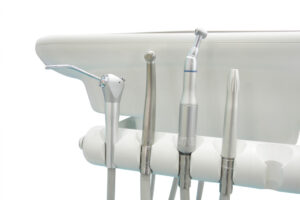
The Science Behind Dental Handpiece Vibration: Causes, Impacts, and Solutions
Dental Bearing Selection: A comprehensive guide with 10 expert tips and pitfalls to avoid for choosing the right materials and applications in dentistry.
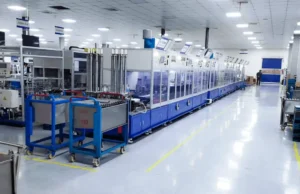
From Materials to Applications: 10 Professional Suggestions and Pitfall Avoidance Guides for Dental Bearing Selection
Dental Bearing Selection: A comprehensive guide with 10 expert tips and pitfalls to avoid for choosing the right materials and applications in dentistry.

